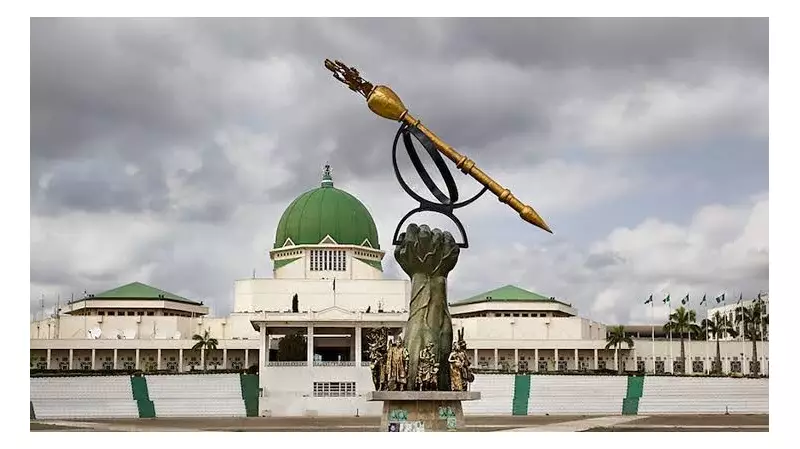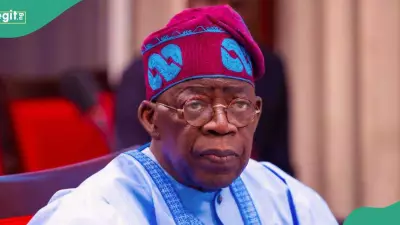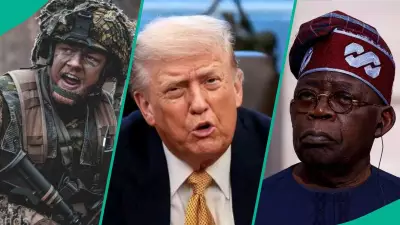
The Nigerian House of Representatives is poised for a critical national security session today as lawmakers prepare to screen the newly appointed service chiefs nominated by President Bola Ahmed Tinubu.
This pivotal parliamentary exercise comes at a time when the nation continues to grapple with multifaceted security threats across various regions. The screening process represents a constitutional requirement that ensures proper checks and balances within Nigeria's democratic framework.
Constitutional Mandate in Action
According to established legislative procedures, the House of Representatives maintains the constitutional authority to examine and approve presidential nominations for key security positions. This screening process allows lawmakers to assess the qualifications, competence, and strategic vision of the proposed military leaders.
The session is expected to feature rigorous questioning focused on the nominees' operational experience, leadership capabilities, and proposed strategies for addressing Nigeria's persistent security concerns.
National Security at the Forefront
Today's screening occurs against the backdrop of ongoing security operations nationwide. The newly appointed service chiefs will inherit responsibility for coordinating military responses to various security threats that have challenged the nation's stability.
Security analysts anticipate that lawmakers will seek detailed commitments from the nominees regarding their approach to counter-terrorism operations, banditry containment, and overall improvement of civilian protection measures.
Parliamentary Scrutiny Process
The screening follows established parliamentary protocols that ensure transparency and accountability in military appointments. The House Committee on Defence will lead the questioning, with contributions expected from legislators representing regions most affected by security challenges.
Following the screening session, the House will deliberate on the nominees' suitability before communicating its decision to the Presidency. This process underscores the collaborative relationship between executive authority and legislative oversight in Nigeria's democracy.
The outcome of today's screening will significantly influence the leadership structure of Nigeria's armed forces and potentially shape national security policy for the foreseeable future.





